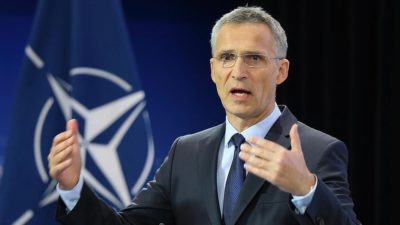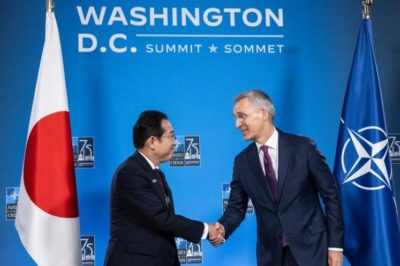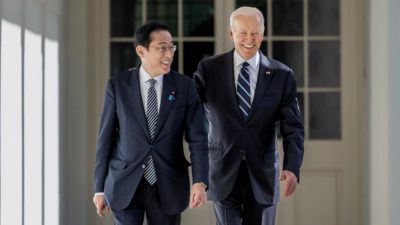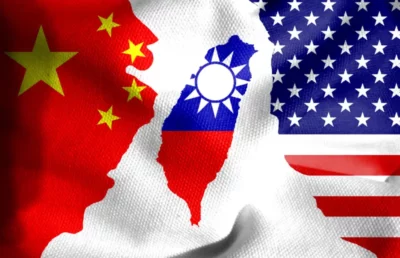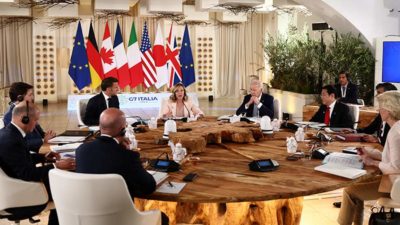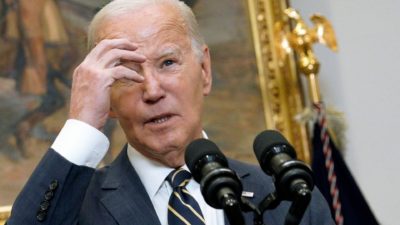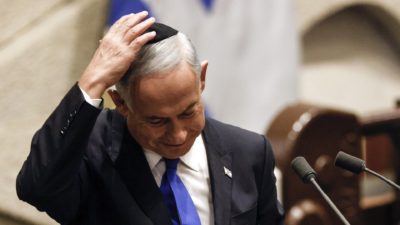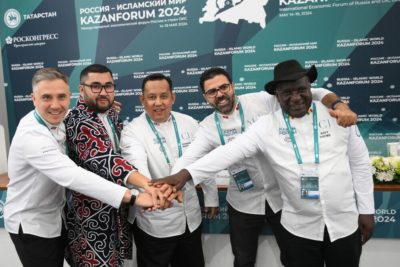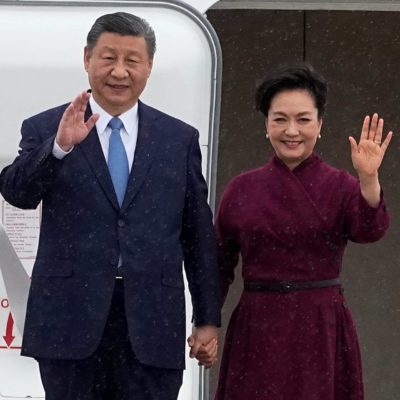NATO Plans to Destabilize Asia
NATO’s plans to establish a foothold in Asia to counter China better is nothing more than a sure recipe for disaster. Coming to Asia and beating war drums against a country that has not attacked anyone is akin to pushing it to take any and all necessary steps to protect its interests. NATO, thus, is pushing China to shun its regionally focused pacificism in favour of a more belligerent stance. A more aggressive China will, in NATO’s calculation, push Asian countries to move more towards the US out of their common fear of Beijing as the hegemon…
The Trump Factor and NATO’s Expansion into Asia
European leaders dead worried about the return of Donald Trump to the White House later this year and the possibility of him moving the US away from the North Atlantic Treaty Organization (NATO) to accomplish his “Make American Great Again” goals, the former is taking steps to expand NATO to Asia to keep it relevant. Donald Trump has vowed more than once to counter China. He has also expressed optimism to use diplomacy to end the Russia-Ukraine conflict. Combined with his disdain for NATO, the resolution of the Russia-Ukraine conflict could erode NATO’s credibility and legitimacy.
Will the US-Japan military alliance make any difference?
The ongoing upgrades to the US-Japan military cooperation signals new regional developments. In reality, however, this upgrade is a continuation of the US strategy in the Pacific to build military outposts so that China can be deterred and tackled. On the one hand, it is militarizing Japan. On the other hand, the sale of weapons keeps bringing money to the US military-industrial complex. Ultimately, this alliance will do little to serve the purpose of ‘containing’ China.
On the Death of the Petrodollar System
The Saudi decision not to renew the 50-year-old petrodollar system is both a symptom of the gradual erosion of the US-led and US-centred global financial order and indicates the imminent arrival of alternative systems of financial transactions in currencies other than the USD. This is, at one and the same time, both a collapse of the existing world order and the establishment of a new, alternative, multipolar world order.
Unearthing the US Strategy in Taiwan: “Fill it with US weapons”
The newly elected Taiwan president recently met lawmakers visiting from the US. Their job was to solidify the US-Taiwan alliance. In this meeting, Lai Ching-te urged US politicians to push for legislation that would allow Washington to send – and sell – more and more weapons to Taiwan to counter China.
China Outsmarting the West in the Global South
When it comes to estimating the health of China’s economy, including its exports, most Western political and economic pundits tend to look at Chinese trade and economic relations with the West (the US and the EU) mainly. In making these assessments, these pundits quite often ignore China’s trade ties with the ‘Global South’ (ASEAN, South Asia, Middle East, Africa, Central Asia, Latin America, etc.) and the impact this trade has on the growth of China’s political and economic influence worldwide.
G7: High on rhetoric, low on delivery
When leaders of the Group of 7 (G7) recently met in Italy to discuss various challenges facing them, the outcome was more rhetoric than action. The many announcements, e.g., the 10-year-long military pact between the US and Ukraine, are little more than many other similar promises of military aid made recently – promises that have not been able to make any difference…
Biden Has Failed Big Time in the Middle East
On May 31, US President Joe Biden made a crucial announcement regarding Israel’s acceptance of a “lasting” ceasefire in Gaza. Later that day, Hamas welcomed Biden’s peace plan and his call for “a permanent ceasefire, withdrawal of [Israeli] occupation forces from the Gaza Strip, reconstruction and prisoners exchange”. According to Biden, this was Israel’s plan for a multi-stage end of the war…
Netanyahu killing Palestinians for his political survival
Political tensions in Israel, especially those pushing Prime Minister Netanyahu to the corner, are at the heart of Israel’s relentless killing of Palestinians. For more than 7 months, Israel has killed almost 34,000 Palestinians. Although Israel claims to have killed thousands of Hamas fighters too, there is no evidence as to how many of those killed were actually Hamas fighters!
The Geopolitics of the “KazanForum”: Countering Isolation with Expansion
Even though the recently held “Russia-Islamic World” meeting, also known as the “Kazan Forum”, was a big hit with over 20 thousand participants from across 87 countries, this event received little to no coverage in the mainstream Western media. Establishing this fact takes little more than a few Google searches and clicks. The absence is conspicuous. But the more important question is not the absence itself, but its actual reason. Was this event too insignificant for the mainstream Western media to cover? The facts speak for themselves…
Xi’s Visit to Europe Challenges “De-Coupling”
The timing of Biden’s recent tariff hike on Chinese Electric Vehicles (EVs) imported to the US could not have been more impeccable. It was meant to send a clear message not only to the US public and manufacturers but also to US allies. Just when Xi was visiting Europe, Washington announced a 100 per cent increase in tariff on Chinese-made EVs. The cost that this increase will add to China is US$18 billion.
Why is France sending troops to Ukraine?
France has become the first NATO country to send its troops to Ukraine to fight the Russian military forces. This decision is a NATO decision, i.e., a decision involving the invocation of NATO’s Article 5. Yet, this is a significant development, which brings the possibility of a pan-European war closer to becoming an ultimate reality. The question, however, is why France took such a dangerous step that not even the US has. Its answer lies not in France’s sympathy with Ukraine…
